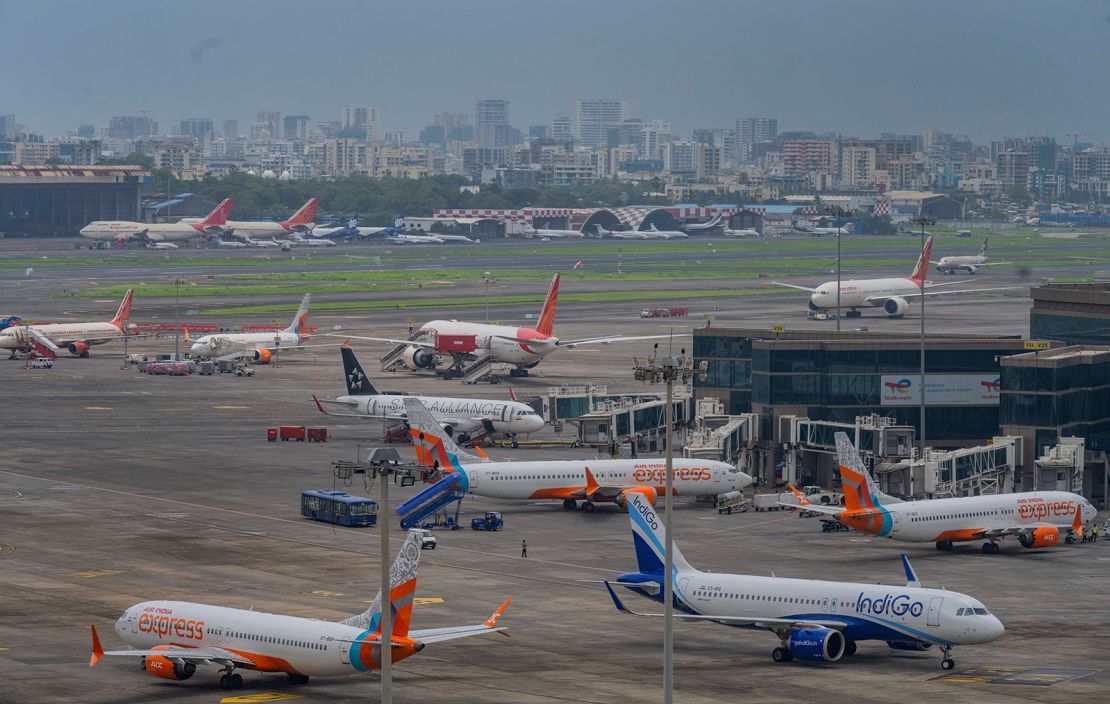
WafricNews - June 23, 2025
International air traffic has taken a major hit as tensions in the Middle East intensify following U.S. military strikes on Iranian nuclear sites. Airlines across Europe, North America, and Asia have suspended or diverted routes, with growing concerns over airspace safety and passenger security.
The latest escalation comes after over a week of missile exchanges between Israel and Iran, culminating in a series of coordinated U.S. airstrikes between Saturday night and early Sunday. As the conflict deepens, major airlines have begun halting flights across the region, severely impacting global connectivity.
Europe Responds with Flight Suspensions
In Europe, multiple carriers have scaled back operations in affected airspace:
- British Airways cancelled flights to Dubai and Doha on Sunday, although it resumed normal operations on Monday.
- Air France suspended all flights to Saudi Arabia and the UAE through Tuesday and extended its Paris-Tel Aviv suspension until July 14. Its low-cost subsidiary Transavia halted service to Beirut until June 30 and to Tel Aviv until September 7.
- The Lufthansa Group, including Swiss, Austrian, and ITA, has stopped all Middle East flights until June 30. Services to Amman and Erbil are on hold until July 11, while flights to Tehran and Tel Aviv are suspended through July 31. The group is also avoiding airspace over active conflict zones.
- Aegean Airlines of Greece has halted routes to Tel Aviv until July 12, and its flights to Amman, Beirut, and Erbil remain grounded until June 28.
- Pegasus Airlines of Turkey has cancelled all flights to Iraq, Jordan, Lebanon (until June 30), and Iran (until July 30).
- Turkish Airlines shows no availability to Baghdad, Damascus, or Tehran before July 1.
- Finland’s Finnair has suspended operations to Doha and is avoiding Iranian, Iraqi, Syrian, and Israeli airspace altogether.
North American Airlines Implement Travel Flexibility
In the U.S. and Canada, airlines are adjusting schedules and offering passengers flexibility:
- United Airlines warned travelers that its Dubai service may face disruptions between June 18 and July 3, and it is offering free changes for flights to Tel Aviv through August 1.
- Air Canada suspended its direct Toronto–Dubai service as of June 18, and acknowledged the suspension may extend. Customers can still travel via European partners.
- American Airlines is allowing rebooking without fees for Doha-bound passengers traveling between June 19 and July 20.
Asian Airlines Join the Caution
- Singapore Airlines announced the cancellation of eight Dubai-bound flights, with two flights scrapped daily from Sunday through Wednesday this week.
Airspace Avoidance and Operational Uncertainty
As the security situation across the Middle East remains fluid, many carriers have opted to avoid regional airspace entirely, rerouting long-haul journeys at significant operational cost.
Experts warn that should the conflict escalate further, additional international routes may be affected, especially those connecting Europe and Asia via Middle Eastern hubs. The aviation industry is once again grappling with wartime disruption, reminiscent of past regional conflicts that upended global travel.
WafricNews will continue to monitor developments and provide updates on how this geopolitical crisis is shaping mobility across continents.
By WafricNews Desk.
By WafricNews Desk.


Comment
To post a comment, you have to login first
LoginNo Comments Yet...